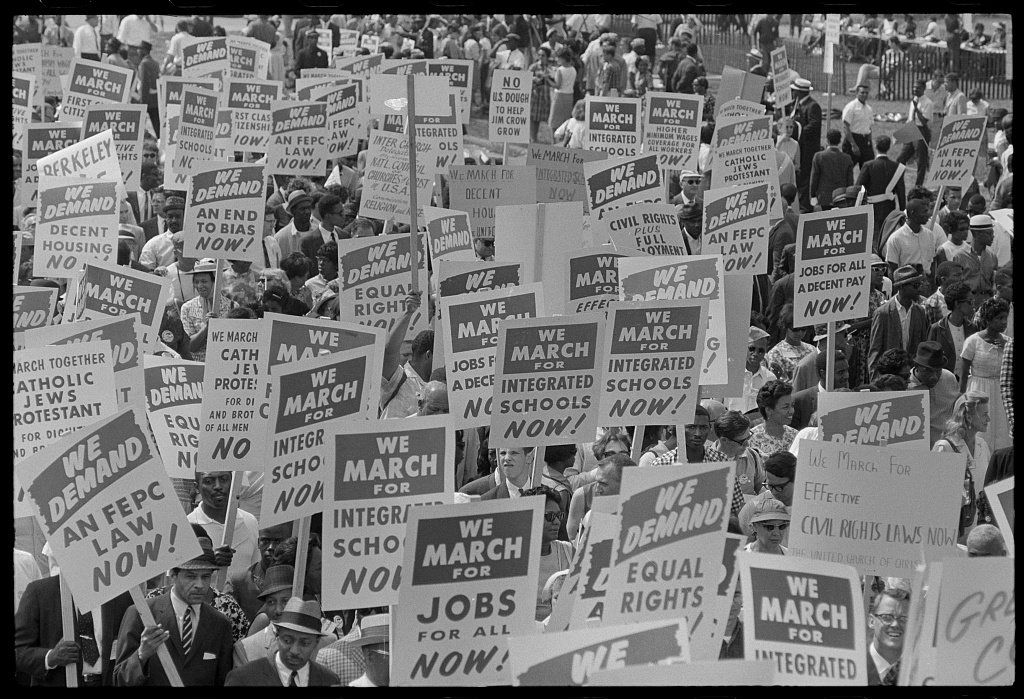
March on Washington Hidden History Quiz
Quiz by Teaching for Change
When most people think of the 1963 March on Washington for Jobs and Freedom, what comes to mind is Dr. Martin Luther King Jr.’s iconic statement, “I Have a Dream.” In truth, there was much more to this historic event than these four words in King’s speech. Teaching for Change designed this quiz about the 1963 March on Washington for Jobs and Freedom to challenge assumptions, deepen understanding, and inspire further learning.
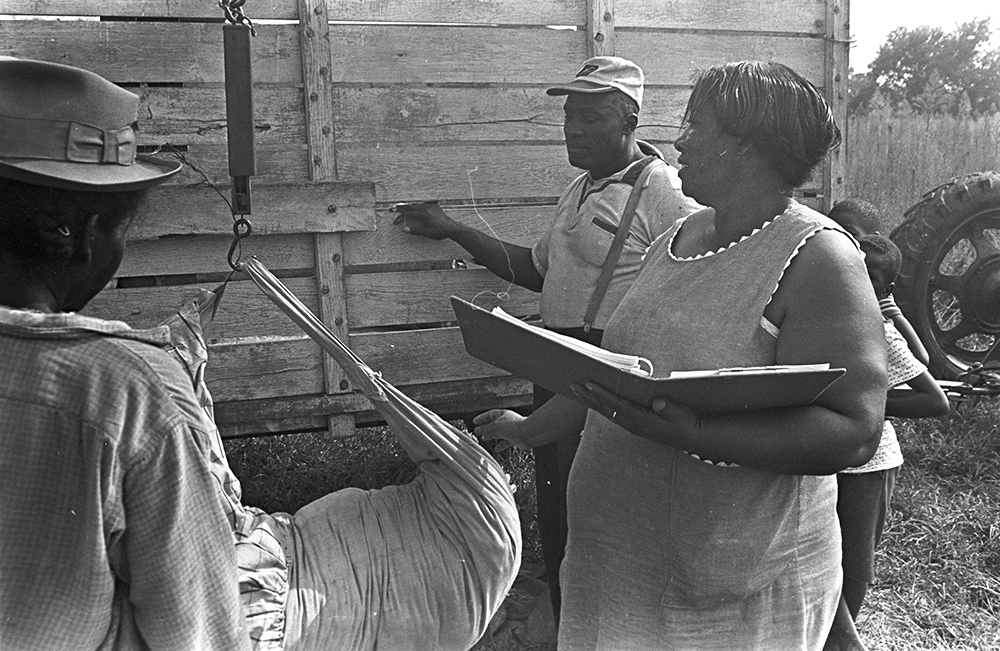
Introduction: Labor and Land
Labor and land have always been central to the struggle for civil and human rights in the United States. In this introduction, we share a few examples.
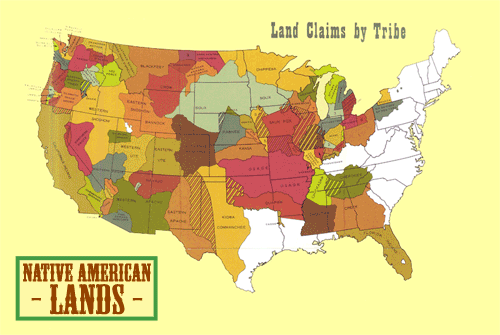
Native American Land Loss Maps
Image by Sam B. Hilliard
Five maps in a chronological series showing post-colonial land cessions in the continental United States and two additional maps showing land claims by tribe and present-day Indian reservations.
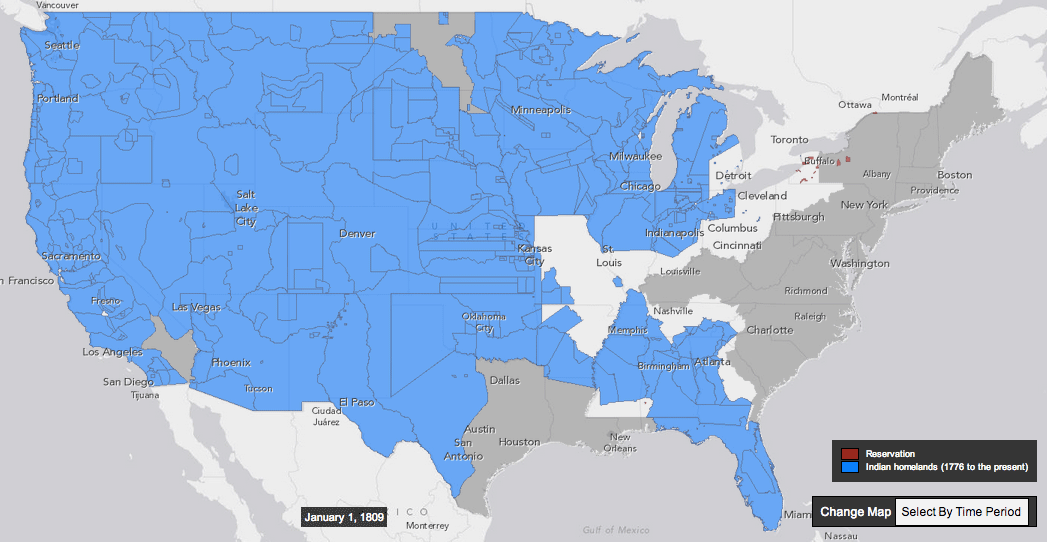
Invasion of America
Interactive Map by Claudio Saunt
This interactive offers a time-lapse vision of the transfer of Indian land between 1776 and 1887.
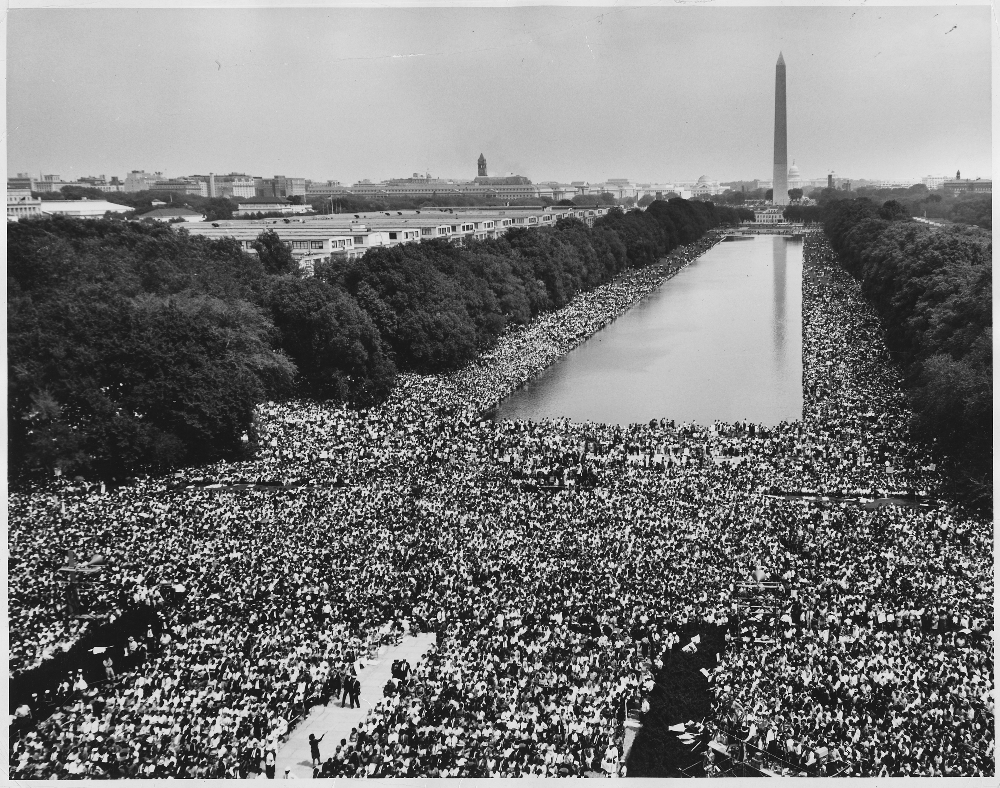
March for Jobs and Freedom: Calculating the Crowd
Lesson by Louise Bock, Susan Guengerich, and Hope Martin
In this lesson, students use representations and computations to estimate the crowd at the 1963 March on Washington. Students strengthen critical thinking and mathematical skills through investigation and problem solving, and gain a deeper understanding of the issues related to protest demonstrations and media representations of events.
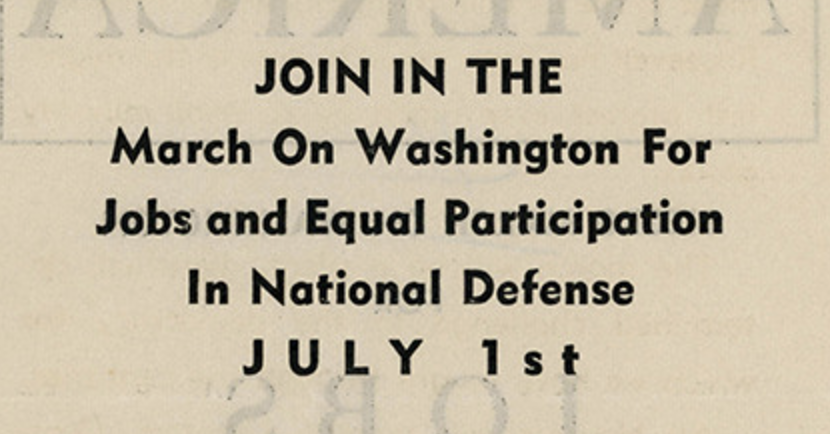
Call to Negro America to March on Washington for Jobs and Equal Participation in National Defense, 1941
Primary Document by A. Philip Randolph
In 1941, A. Philip Randolph, the president of the Brotherhood of Sleeping Car Porters, issued a call to African Americans to fight the unjust conditions in the workforce with a March on Washington for Jobs and Freedom. The threatened mass protest forced President Franklin Roosevelt to sign Executive Order 8802 in June 1941, banning discrimination in the federal government and the defense industry. On June 28, A. Philip Randolph postponed the march.
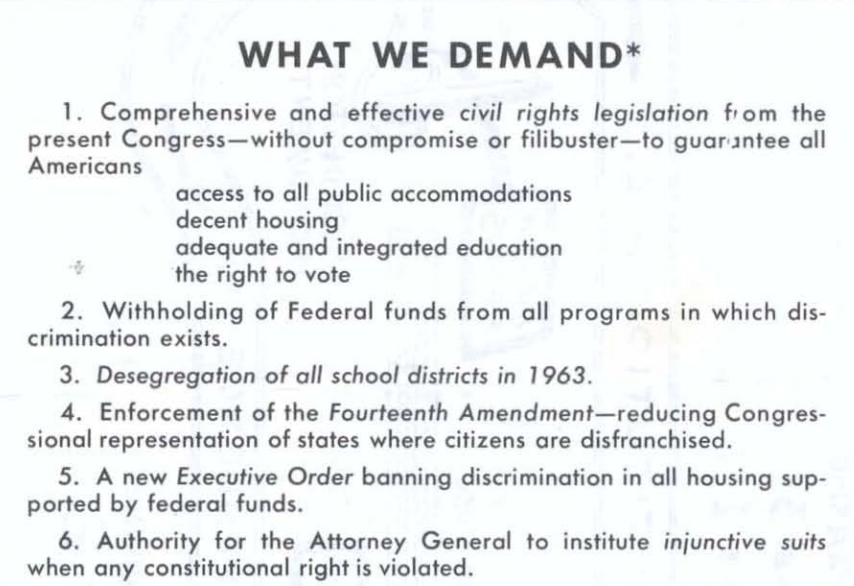
1963 March on Washington for Jobs and Freedom Statement and Demands
By heads of ten organizations calling for the March of August 28, 1963
The 1963 March on Washington had a list of ten demands. Half of the demands were not about integration or education – they were about labor and economic rights.
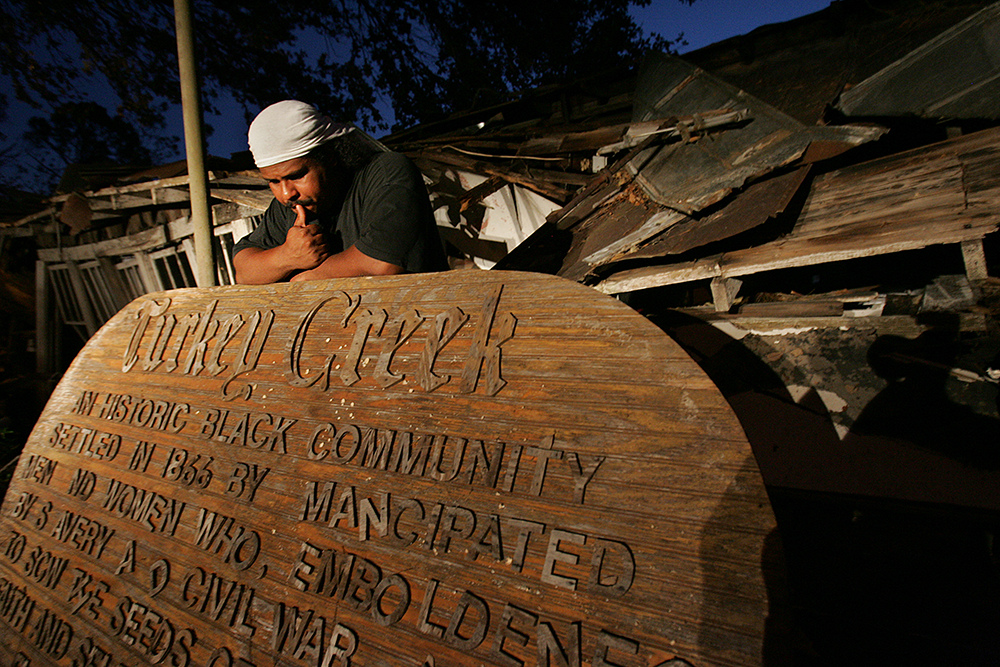
Looking for Justice at Turkey Creek: Out of the Classroom and into the Past
Teaching Reflection by Hardy Thames
Students study the African-American community of Turkey Creek, Mississippi, exploring whether the changes in the community relate to social and economic growth or social justice issues and then create projects with research and action components.
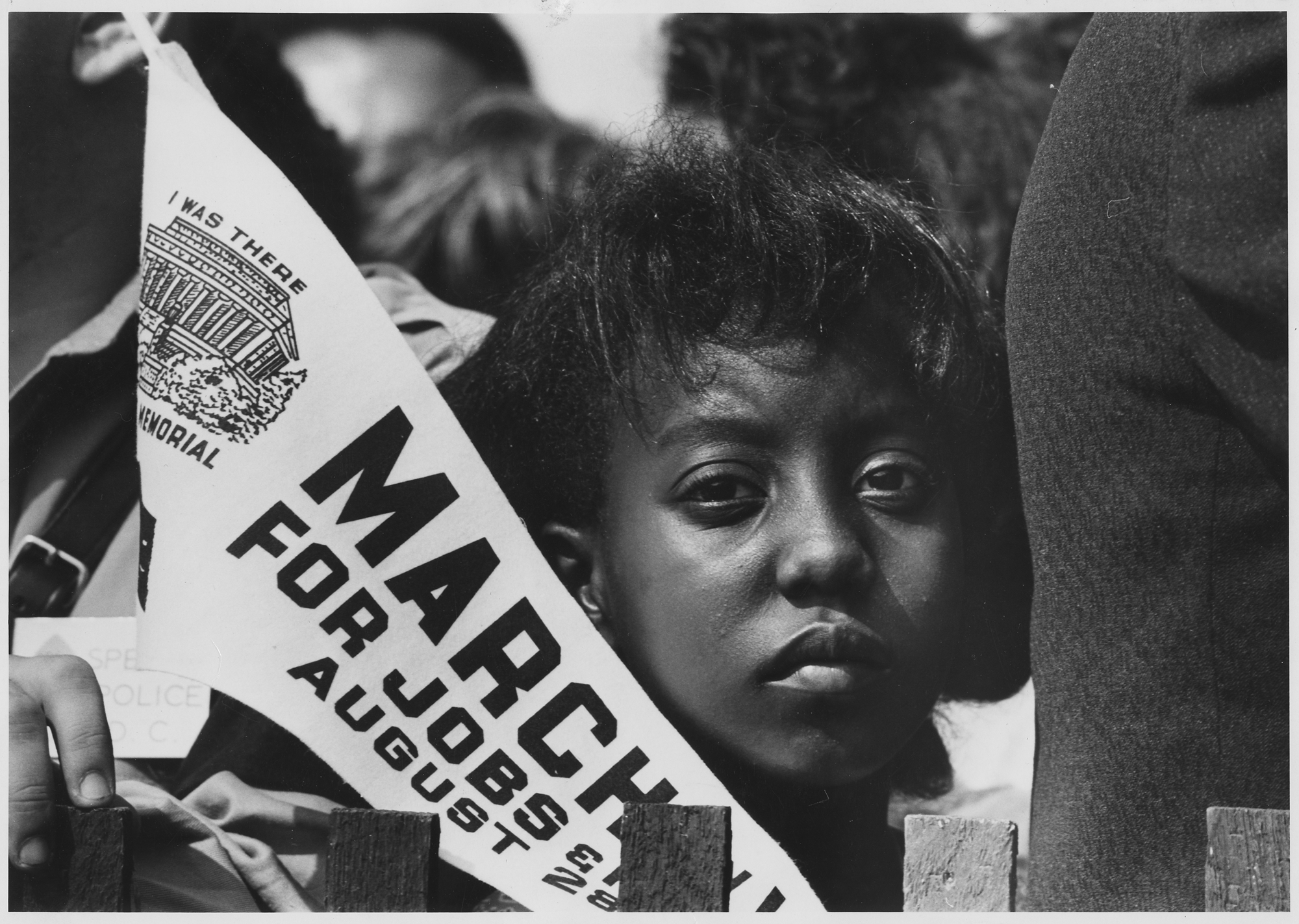
Claiming and Teaching the 1963 March on Washington
Reading by Bill Fletcher Jr.
The March on Washington did not begin as a classic civil rights march. It is barely remembered that the March on Washington was for freedom AND jobs, or that the march was initiated by black labor leaders.

The Role of Black Landowners in the Civil Rights Movement
Teaching Idea by Tiferet Ani
Black landowners provided an indispensable support base for the Civil Rights Movement in Mississippi, as documented in the 82-minute Emmy Award-winning documentary Dirt and Deeds in Mississippi. Find teaching ideas for use in conjunction with film: a Socratic Seminar, a textbook revision project, and ideas for further research.
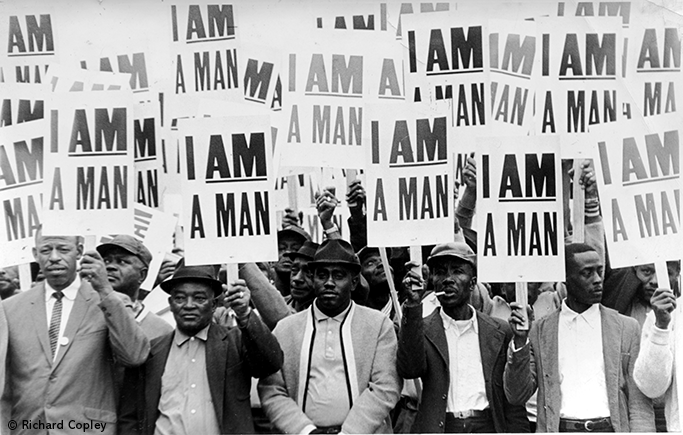
At the River I Stand: The 1968 Memphis Sanitation Workers Strike and the Assassination of Martin Luther King Jr.
Reading by California Newsreel
The documentary film At the River I Stand skillfully reconstructs the two eventful months that transformed a strike by Memphis sanitation workers into a national conflagration, and disentangles the complex historical forces that came together with the inevitability of tragedy at the death of Martin Luther King Jr.
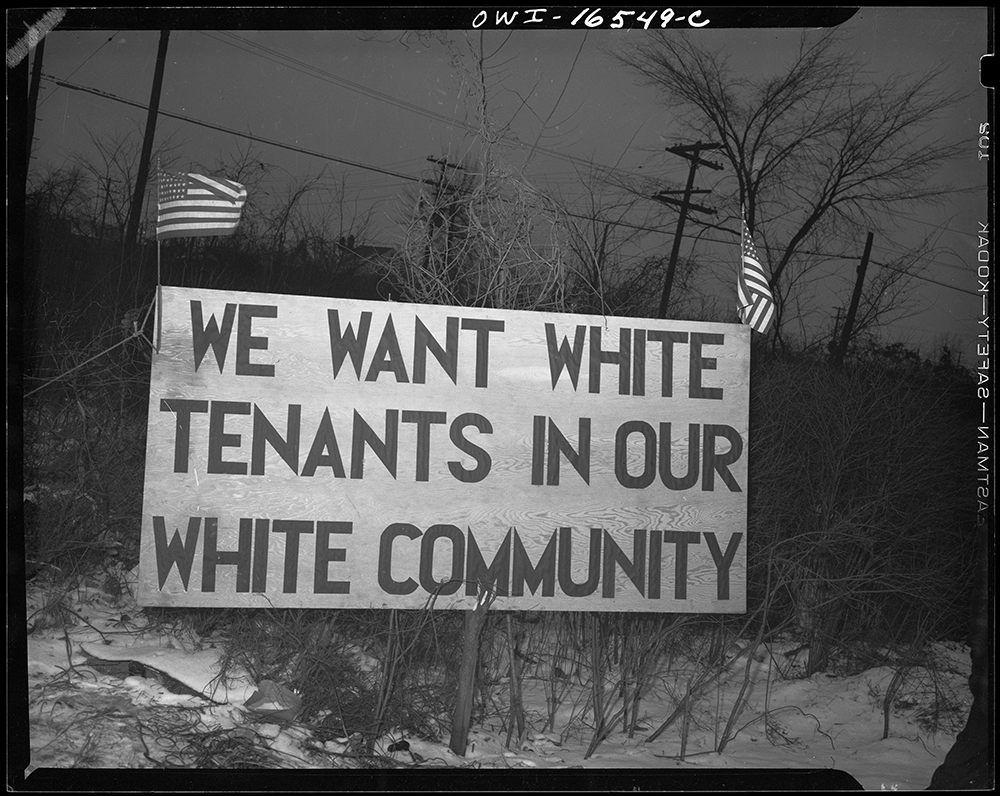
Our House Divided: What U.S. Schools Don’t Teach About U.S.-Style Apartheid
Reading by Richard Rothstein
The widespread belief that our continued residential racial segregation, North and South, is “de facto,” not the result of explicit government policy but instead the consequence of private prejudice, economic inequality, and personal choice to self-segregate is false. In truth, our major metropolitan areas were segregated by government action.
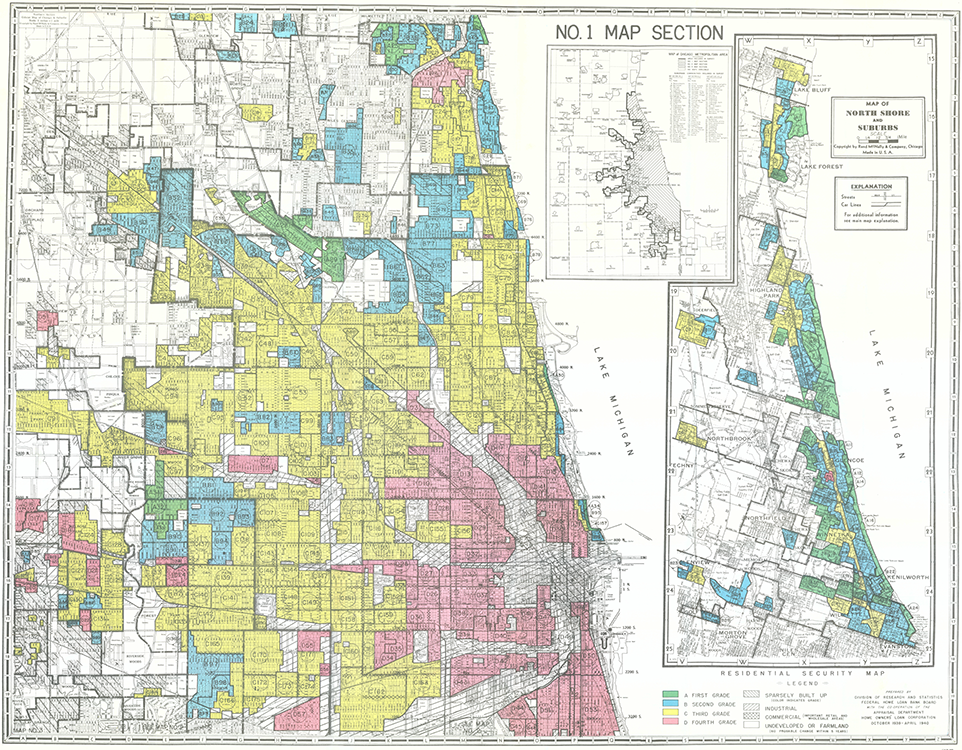
The Case for Reparations
Interview of Ta-Nehisi Coates by Audi Cornish
Ta-Nehisi Coates describes how the legacy of slavery extends to geographical and governmental policies in the United States and calls for a "collective introspection" on reparations.

How Red Lines Built White Wealth: A Lesson on Housing Segregation in the 20th Century
Lesson by Ursula Wolfe-Rocca
The mixer role play is based on Richard Rothstein’s The Color of Law, which shows in exacting detail how government policies segregated every major city in the United States with dire consequences for African Americans.
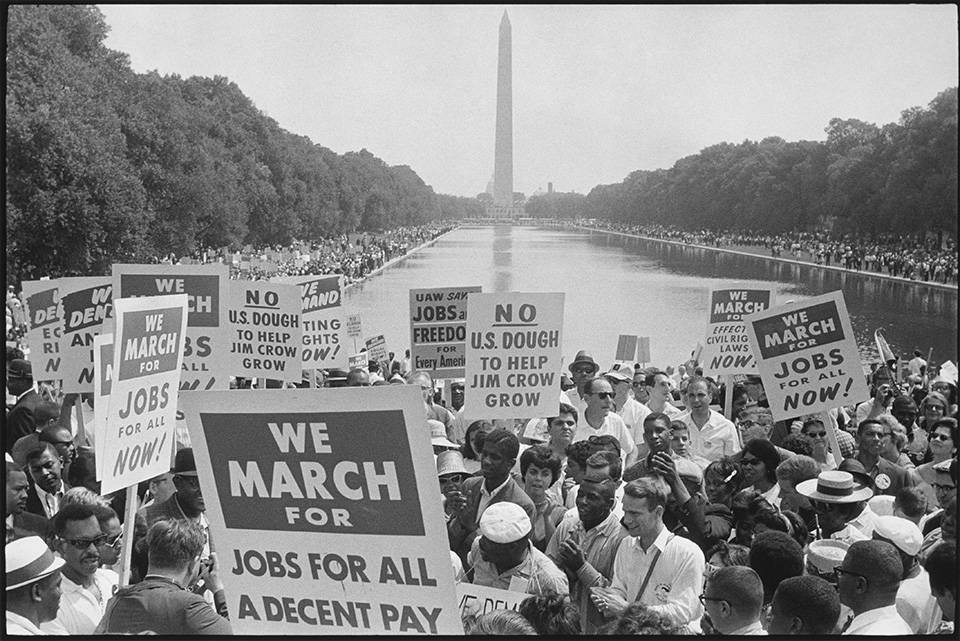
The Unknown Origins of the March on Washington: Civil Rights Politics and the Black Working Class
Reading by William P. Jones
“The very decade which has witnessed the decline of legal Jim Crow has also seen the rise of de facto segregation in our most fundamental socioeconomic institutions,” veteran civil rights activist Bayard Rustin wrote in 1965. The March on Washington addressed the economic crisis facing working-class African Americans more effectively than any other mobilization since the Second World War.
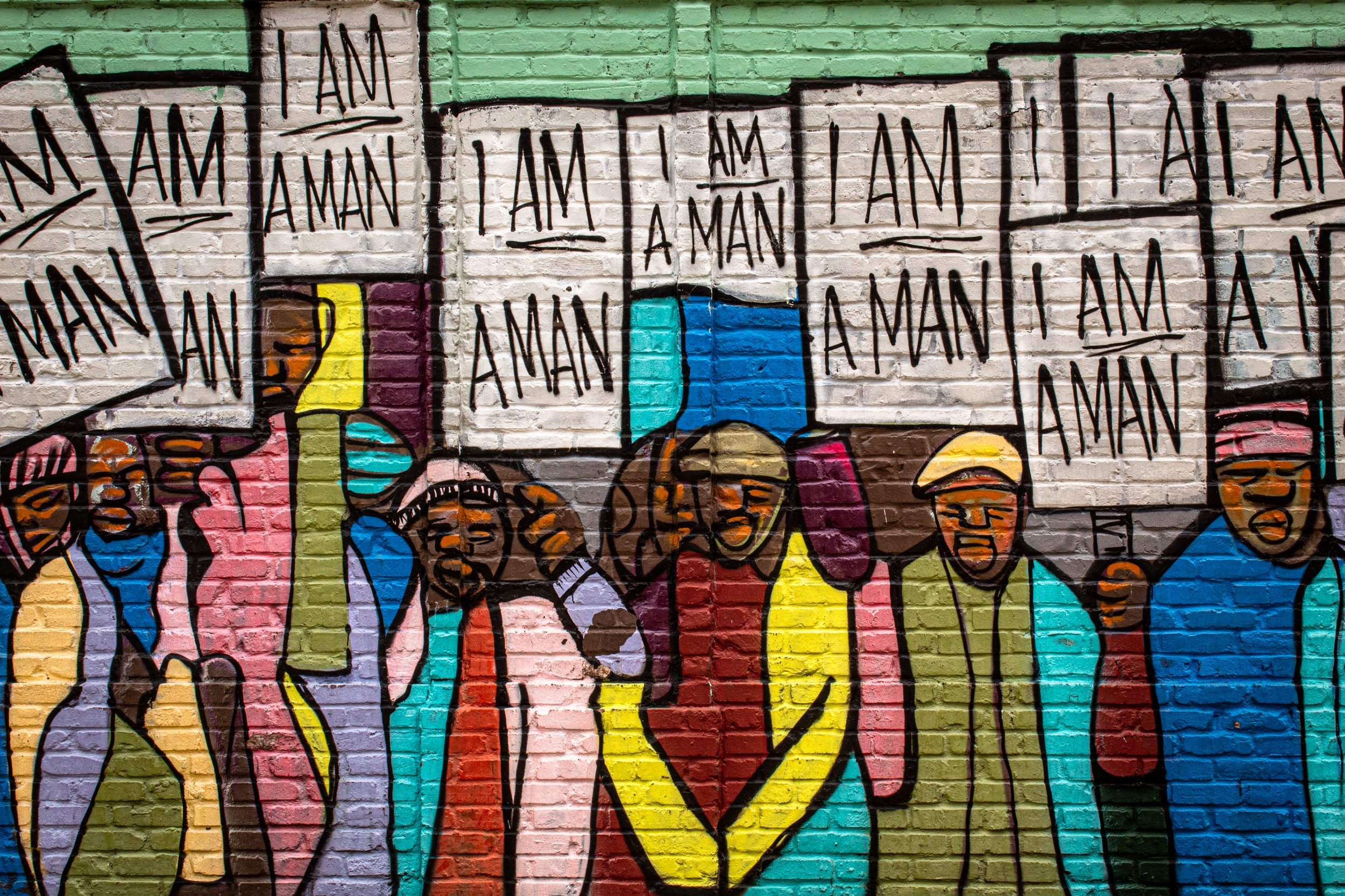
Remembering the Memphis Sanitation Workers’ Strike: A Collaborative Mural
Lesson by Patty Bode and Stephanie Schmidt
An art lesson designed to introduce the complexity and role of ordinary people in the Civil Rights Movement. The addendum provides a practical guide to drawing images of people for murals.
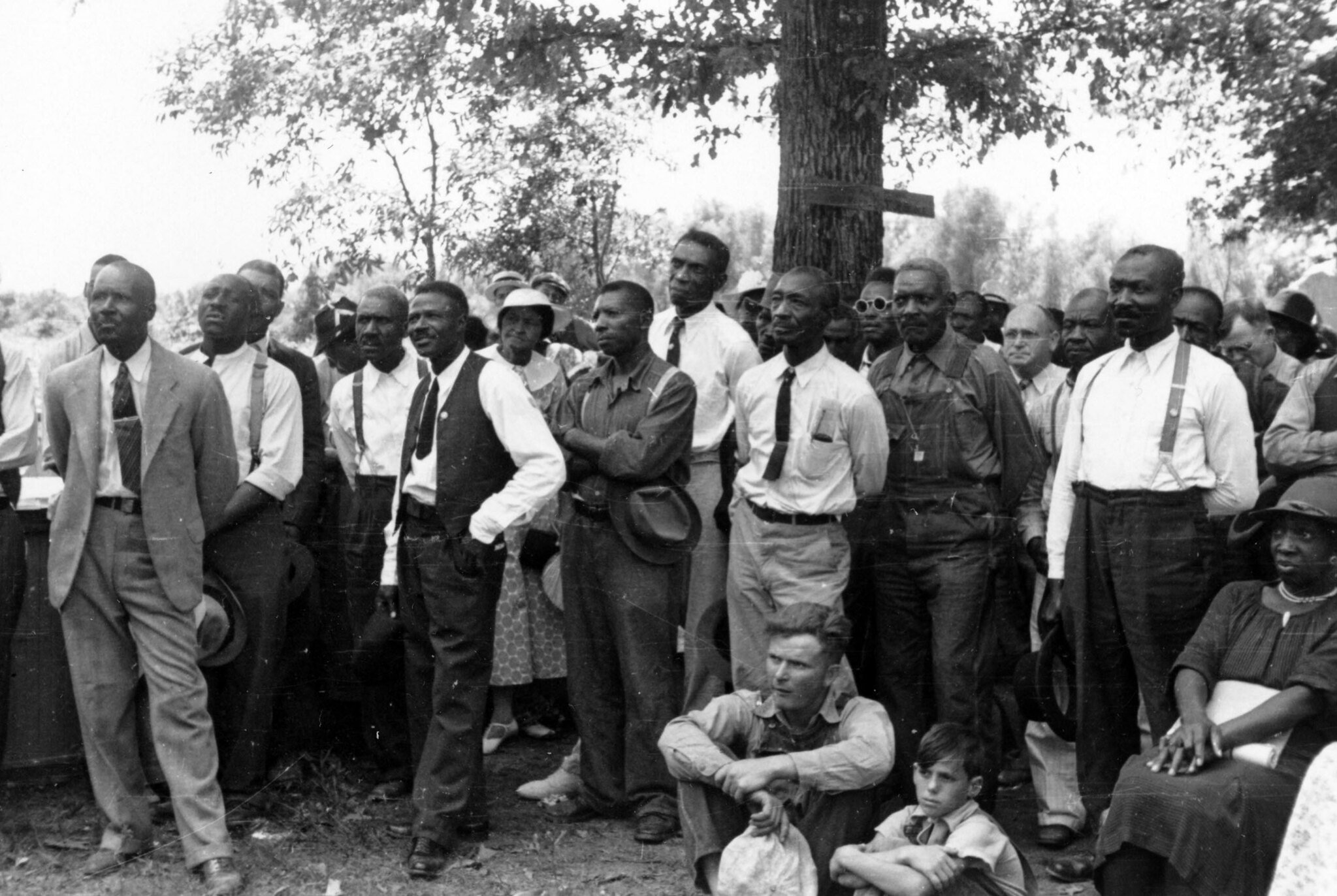
Southern Tenant Farmworkers: Black and White Unite?
Lesson By Bill Bigelow
This lesson examines efforts by Black and white workers to overcome the deep divisions and suspicions of racial antagonism in 1934 Arkansas. Students are faced with a “What would you do?” assignment that helps them understand many of the difficulties in achieving some degree of racial unity. At the same time, they realize the importance of confronting and overcoming racist attitudes.
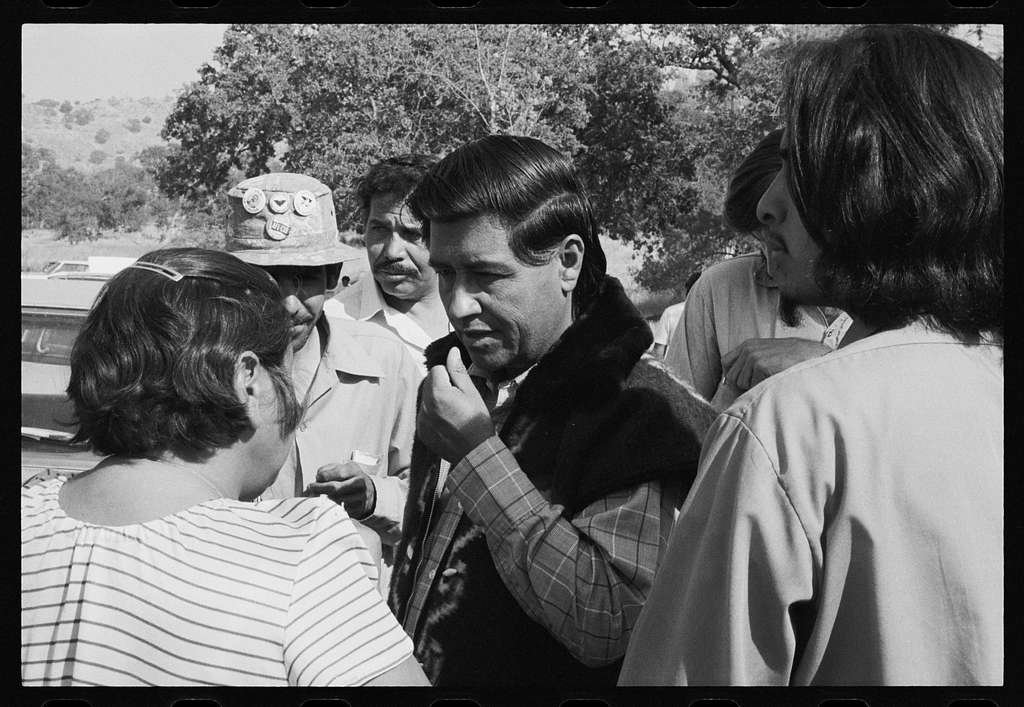
César Chávez on How It Began
Interview with César Chávez by Luis Torres
In an interview just before his death in 1993, César Chávez related the story of how the fledgling National Farm Worker Association (NFWA) union became involved with Filipino workers belonging to the Agricultural Workers Organizing Committee and the strike against major grape growers.
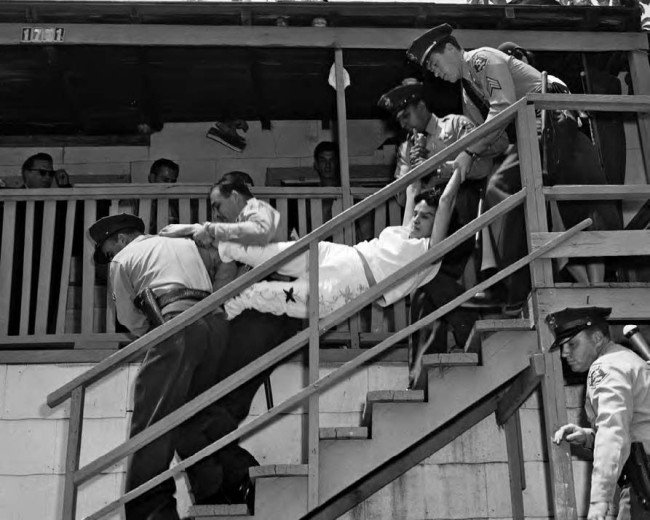
Stealing Home: Eminent Domain, Urban Renewal, and the Loss of Community
Lesson by Linda Christensen
Teaching about patterns of displacement and wealth inequality through the history of Chávez Ravine and the building of Dodger Stadium.

A Brief History of Black Cooperatives in the United States
Interview of Dr. Jessica Gordon Nembhard By Mira Luna
For as long as there have been Africans in America, there have been examples of Black social, cultural and economic solidarity. Often formed in response to systemic exclusion and economic stagnation, examples range from mutual aid networks, to freedom farms and grocery cooperatives.
